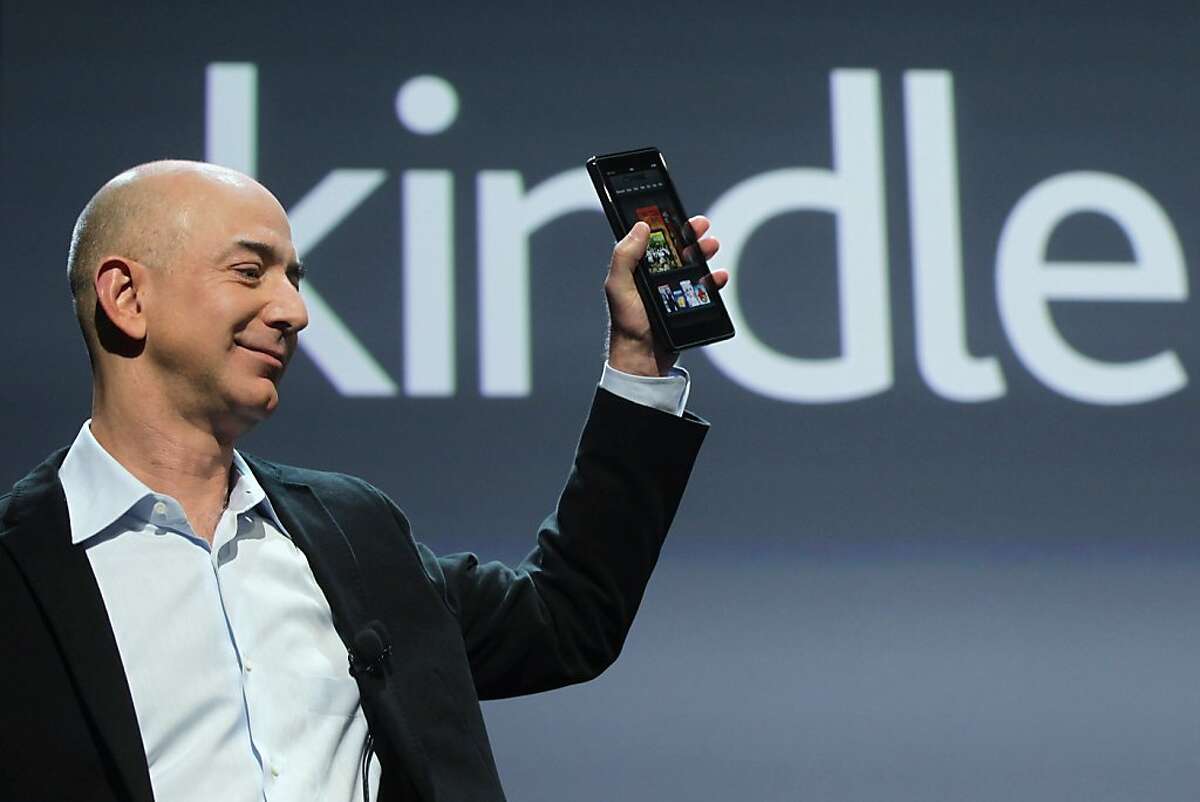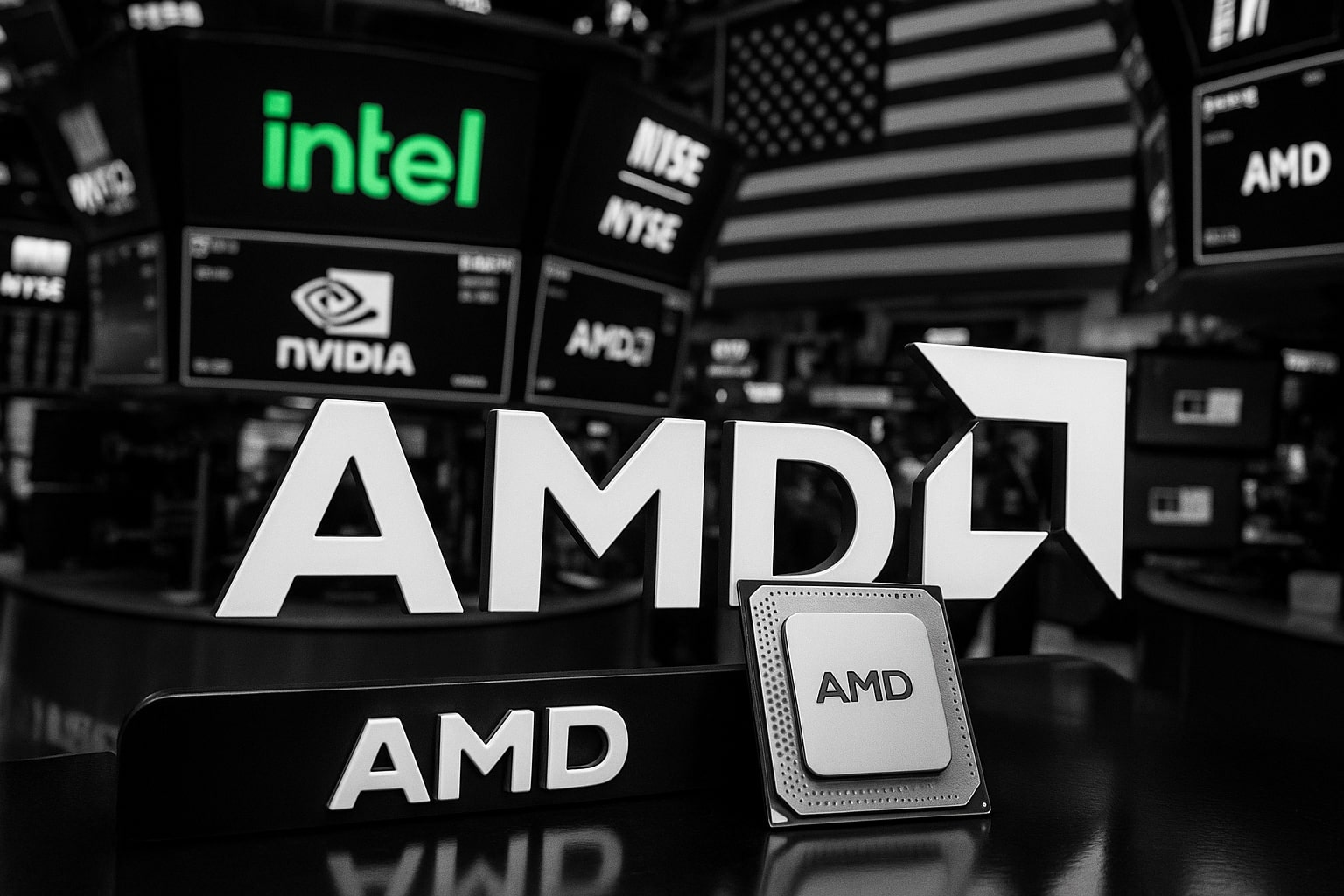
Amazon Negotiates Prime Wireless Plan, Shaking Up Cellular Industry
Cellular Stocks Stumble as Amazon Contemplates Offering Low-Cost or Free Mobile Service to Prime Subscribers
Amazon, the global e-commerce giant, is reportedly exploring the potential of offering low-cost or even free mobile service to its Prime members. The Seattle-based company is allegedly in negotiations with wireless carriers such as Verizon Communications Inc., T-Mobile US Inc., Dish Network Corp., and AT&T Inc., aiming to secure the lowest possible wholesale prices. This move, if it materializes, could disrupt the wireless industry and alter its competitive dynamics.
The discussions, which have been ongoing for the past six to eight weeks, could still take several more months to launch and are not guaranteed to succeed. It's important to note that the involved companies, including Amazon, have publically stated that they are not currently in discussions about wireless service. However, the prospect of Amazon entering the wireless industry has certainly stirred intrigue in the market.
Dish Network Corp.'s shares witnessed a significant 18% increase, reflecting investors' expectations that a deal with Amazon could bolster its transition from a struggling satellite-TV company to a national wireless carrier. Contrarily, the shares of T-Mobile, AT&T, and Verizon experienced declines, indicative of the market's anticipation that Amazon's entrance might incite a migration of subscribers seeking cheaper alternatives.
In the United States, Amazon Prime subscribers pay $139 a year for benefits including speedy free delivery, video streaming, and access to 100 million songs. The Prime membership has remained consistent, with about 167 million Amazon shoppers as of March, unchanged from a year earlier, according to Consumer Intelligence Research Partners. However, Amazon's spokesperson, Bradley Mattinger, emphasizes that Prime membership continues to grow as the value members receive increases.
Should Amazon proceed with its foray into the wireless market, it could serve as a significant boon for Prime membership, offering an additional incentive for subscribers. The company's history of disrupting traditional markets - driven by its willingness to absorb substantial costs in the pursuit of growth - has proven its mettle as a formidable competitor.
For the wireless industry, Amazon's entry could be a double-edged sword. On the one hand, an Amazon deal could boost wholesale revenue and increase traffic to the newly expanded 5G networks. On the other hand, if Prime wireless becomes popular, it could start to chip away at the big carriers' customer base.
The ripple effect of Amazon's potential move is even more pronounced when considering its possible pricing strategy. Amazon's ability to offer below-market prices could undercut the pricing power of the big three national carriers. For instance, unlimited plans currently start at $60 a month at Verizon and T-Mobile, and $65 at AT&T. If Amazon were to introduce an attractively priced Prime wireless service, it could prompt customers to cancel their current mobile service.
The dynamics of the wireless industry further complicates matters for carriers, who, after having invested billions into super-fast, high capacity 5G wireless networks, are eager to find new applications and sales outlets that can generate some return on their investment.
Amazon has shown interest in the wireless market in the past. In 2014, it introduced the Fire Phone, which despite failing to compete with devices from Apple Inc. and Samsung Electronics Co., demonstrated its ambition to venture into new markets. More recently, the company announced its plans to start testing a satellite-internet service called Project Kuiper next year.
If Amazon becomes a mobile virtual network operator (MVNO), it would avoid the substantial costs associated with building its own mobile network by purchasing data from a large provider and reselling it to consumers. While MVNOs have a mixed track record, Amazon's scale and customer base might give it a unique edge in this space.
This possible new venture is indicative of Amazon's relentless pursuit of customer loyalty, aiming to retain and grow its Prime members through constant value addition. This move, if materialized, could enhance Amazon's competitive edge, especially against other retailers like Walmart Inc., and its Walmart+ membership, which is emerging as a lower-cost alternative offering many of the same perks as Prime. However, only time will tell if this potential disruptor will materialize and how it could reshape the wireless industry.
Read More
-
SCHD ETF Holds Ground With 3.6% Yield as Dividend Investors Eye Stability Over Growth
15.10.2025 · TradingNEWS ArchiveStocks
-
Ripple XRP (XRP-USD) Steadies at $2.43- SEC Shutdown Freezes ETF Decisions, Inflows Hit $61.6M
15.10.2025 · TradingNEWS ArchiveCrypto
-
NG=F Falls to $2.99 as Record Supply Outpaces Demand Despite 16.9 Bcf/d LNG Exports
15.10.2025 · TradingNEWS ArchiveCommodities
-
USD/JPY Price Forecast - Yen Weakens to 151.30 Amid Dollar Selloff
15.10.2025 · TradingNEWS ArchiveForex


















